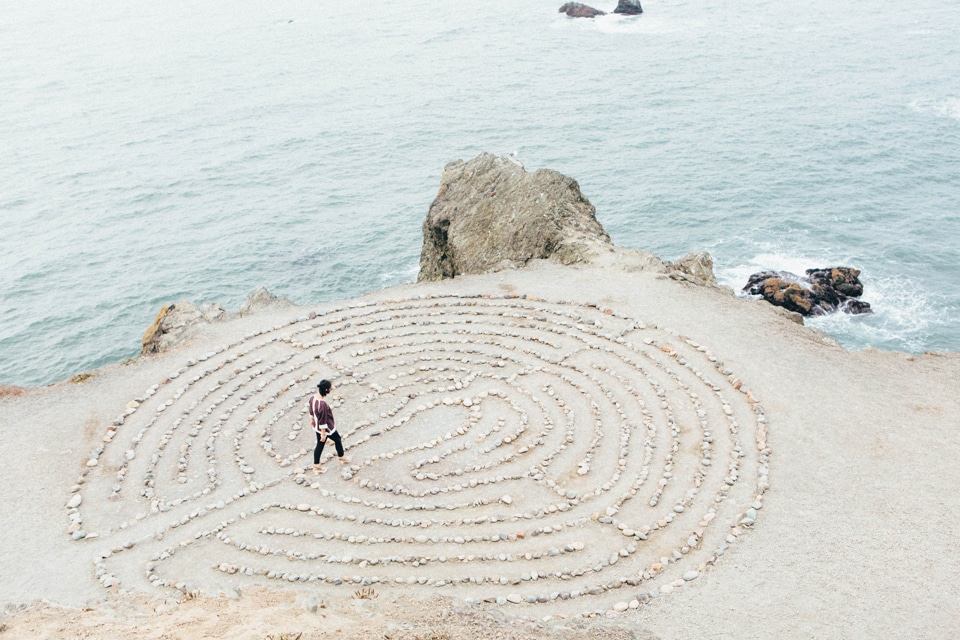
Tag: self care

Is wine part of your self-care ritual?
2018 has been the year of self-care. Everywhere we hear about the importance of looking after ourselves, making space for ourselves in the midst of chaos and finding ways to recharge and boost our emotional resources. Being able to make choices about our personal wellbeing is powerful and can make a huge difference to our

Why yoga and meditation can help change your drinking
One of the aims of a practice like yoga and meditation is to be able to slow down, calm the mind and to feel whatever arises for you. It is important to have a way to connect back in with yourself, and that may be scary for some people. For those who have an unhealthy

I stopped drinking to love myself all over again
“I have been drinking since time immemorial; so much so, I can’t pinpoint an exacttime in life where I didn’t indulge in alcohol to get through the day. What I did not realise is that I relied on booze to escape my pain, the kind that has no cure. Although I must admit, it got
How to practise self care
Self care is looking after yourself. But it is sometimes easier said than done. How do you know what constitutes looking after yourself?






